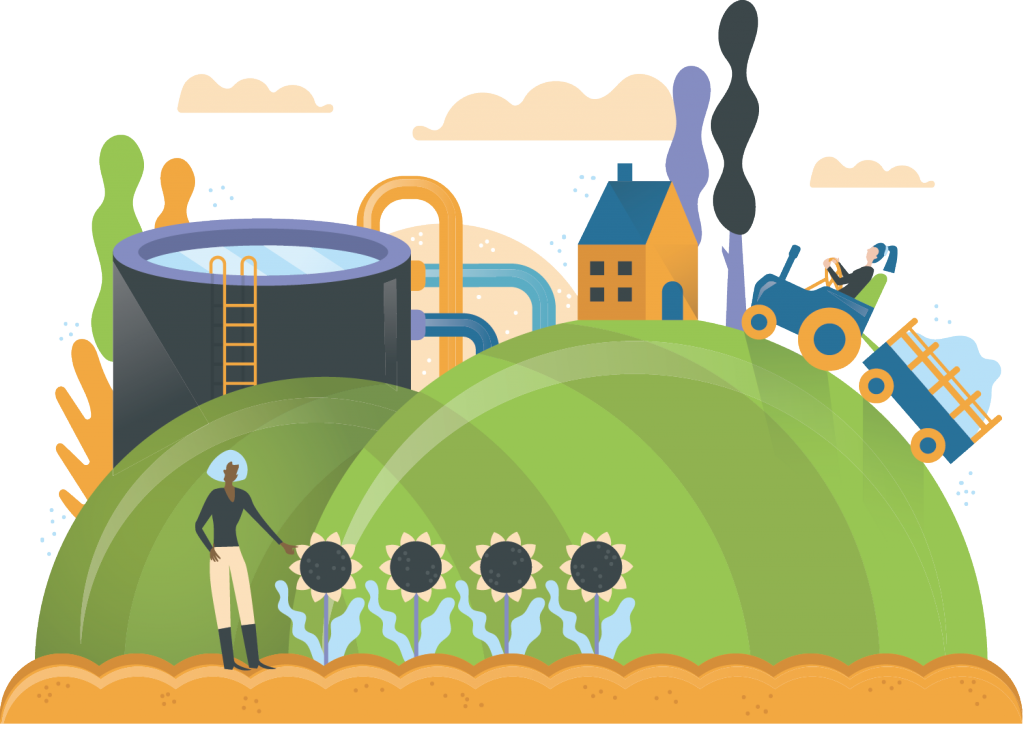EPA Releases Water Abstraction Register

EPA Releases Water Abstraction Register
In December 2023 the Environmental Protection Agency published the Water Abstraction Register, containing information on water abstractions of 25 cubic metres (25,000 litres) or more per day that have been registered with the Agency.
“Abstraction” is given the following definition under Article 2 of the European Union (Water Policy) (Abstractions Registration) Regulations 2018 (S.I. No. 261 of 2018):
the doing of anything whereby water is removed or diverted by mechanical means, pipe, or any engineering structure or works from any part of the water environment, including anything whereby the water is so removed or diverted for the purpose of being transferred to another part of the water environment.
The Abstraction Regulations apply to any activity that entails the abstraction of 25 or more cubic metres of water (groundwater or surface water) in any 24-hour period, regardless of the purpose of the abstraction.
The register details a range of water abstraction activities such as:
• Construction;
• Manufacturing;
• Industry;
• Agriculture;
• Drinking water;
• Wastewater treatment;
• Mining or Quarrying;
• Hydropower;
• Recreation.
The register can be downloaded here.
Existing abstractions should be registered with the EPA immediately. New abstraction activities must be registered within one month of the commencement of the abstraction activity.
Temporary abstractions must also be registered with the EPA, unless the abstraction is a one-time occurrence with a duration of 24 hours or less. Where a registered abstraction ceases or is discontinued, the EPA must be notified within one month of cessation or discontinuation of the abstraction activity. This notification must be made by the person to whom the abstraction registration number is registered.
Businesses with flow meters installed at their facilities will be able to read their daily water abstraction per day. If you do not have this equipment installed, it is possible to estimate your water usage with a tool created by the EPA, which is available here.
There are no costs associated with registering water abstraction activities. Registration must be done through the EPA’s online EDEN portal. In order to register an abstraction, the following information is required:
• The abstraction owner’s name and address;
• Abstraction location details (e.g., address and Eircode, if available);
• Abstraction source details (i.e., is it from a river, lake, or spring?);
• Abstraction purpose details (i.e., industrial, agricultural, construction, etc.);
• The number of abstraction points included to be included in the register;
• Details of the maximum volume of water that is expected to be abstracted in one day (this is referred to as the maximum daily abstraction volume, measured in m3/day). An estimated figure can be provided if it is not possible to provide an exact volume;
• Details of the average amount of water that is expected to be used over the course of the year (this is referred to as the annual abstraction volume, measured in m3/year). Similarly to the maximum daily volume, an estimated value can be provided if it is not possible to provide an exact volume.
The EPA aims to make biannual updates to this register. However, it is stipulated that this may become more frequent if practicable or in response to legislative changes. Changes regarding the process of updating the register may be necessary as a result of the upcoming Water Environment (Abstractions and Associated Impoundments) Act 2022, which will replace the existing requirements laid out in the European Union (Water Policy) (Abstractions Registration) Regulations 2018 (S.I. No. 261 of 2018).
Under Article 9(1) of the Abstraction Regulations, it is an offence for a person abstracting 25 or more cubic metres of water in any 24-hour period to fail to notify the EPA of that abstraction, or to knowingly provide false information to the Agency in respect of any abstraction of 25 or more cubic metres of water in any 24-hour period. Any person found to be guilty of an offence under the Abstraction Regulations is liable, on summary conviction, to a class A fine.
April 2024
